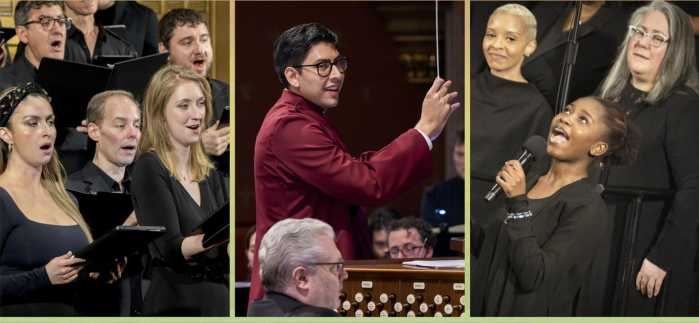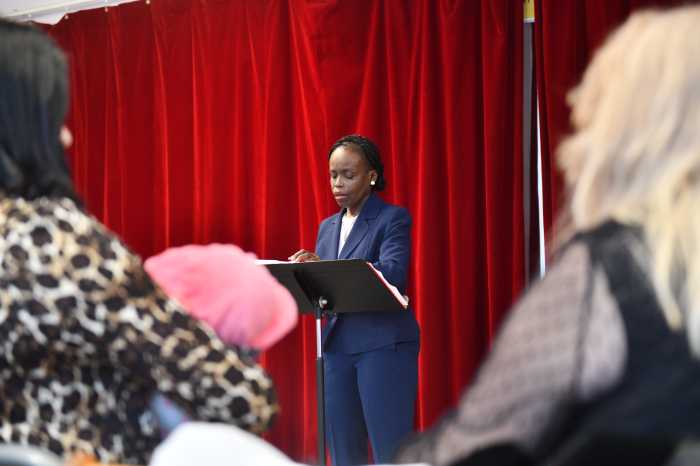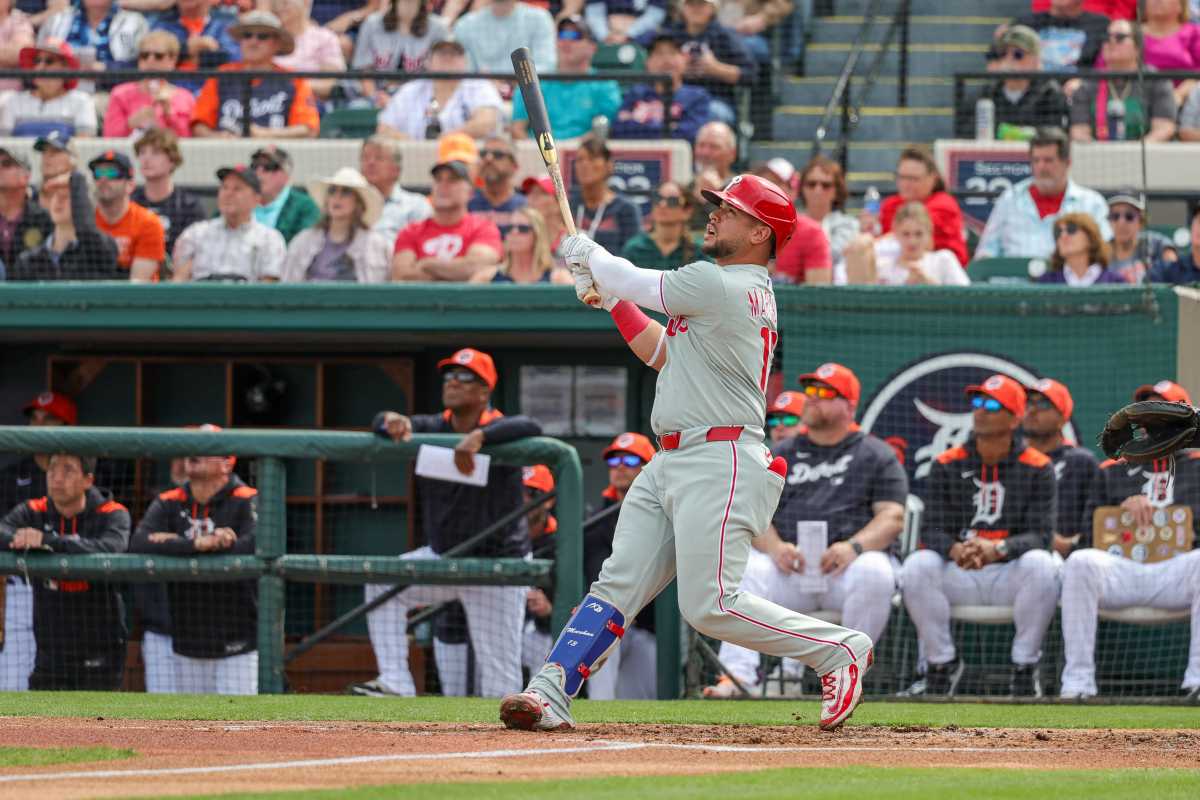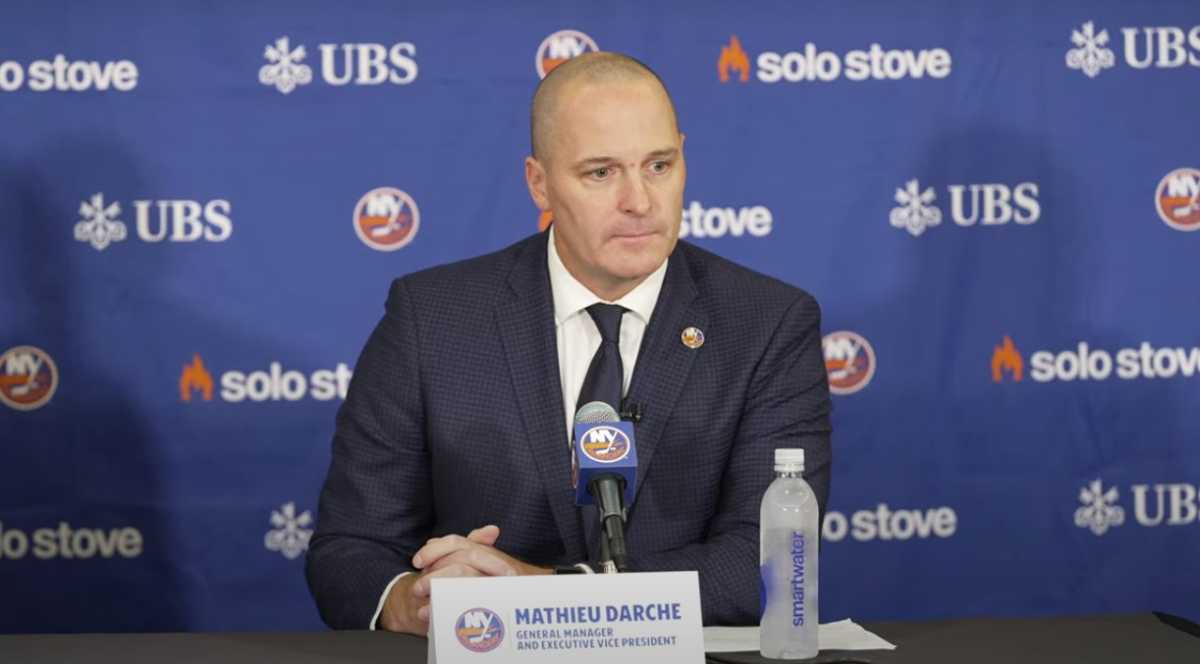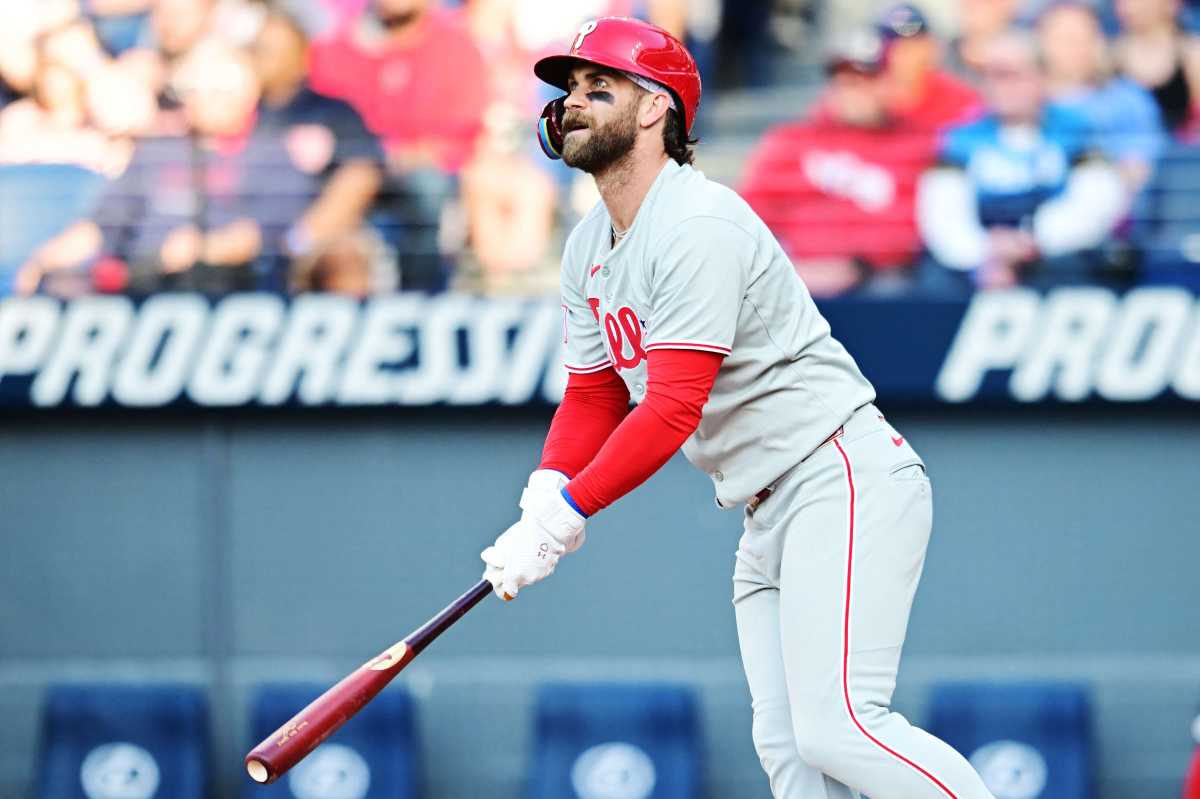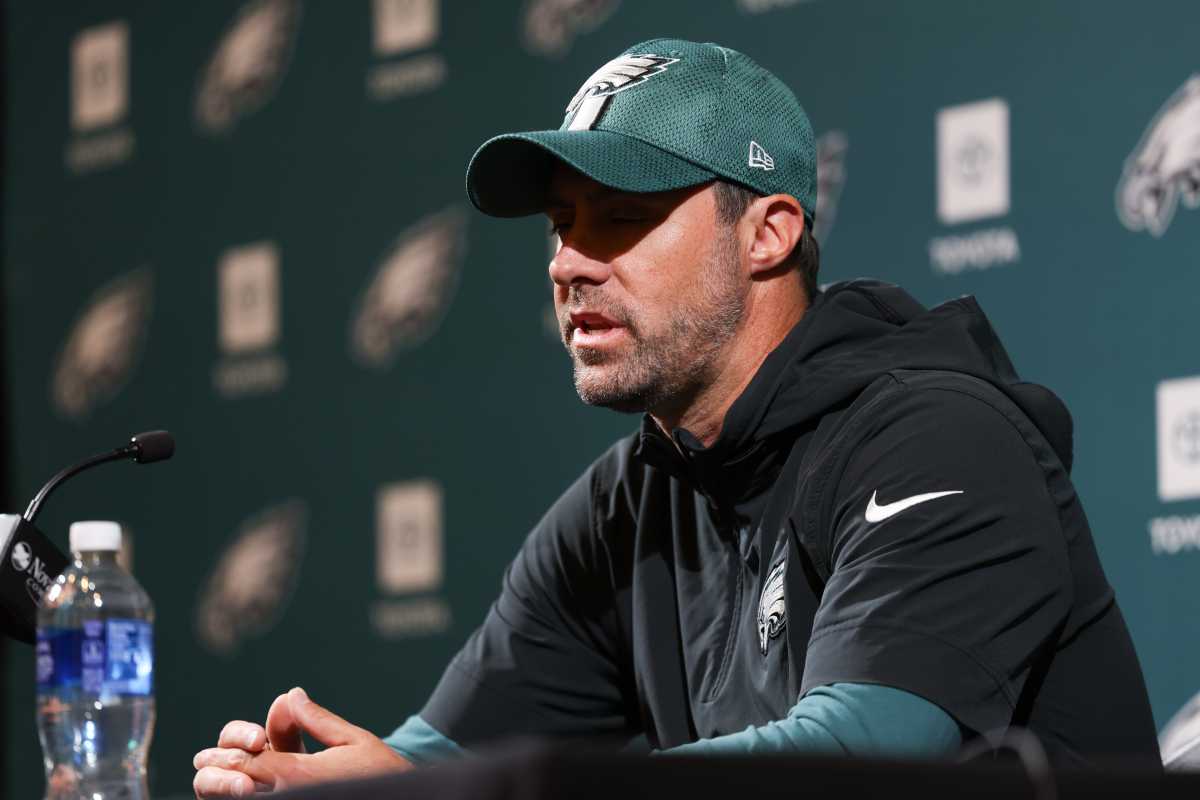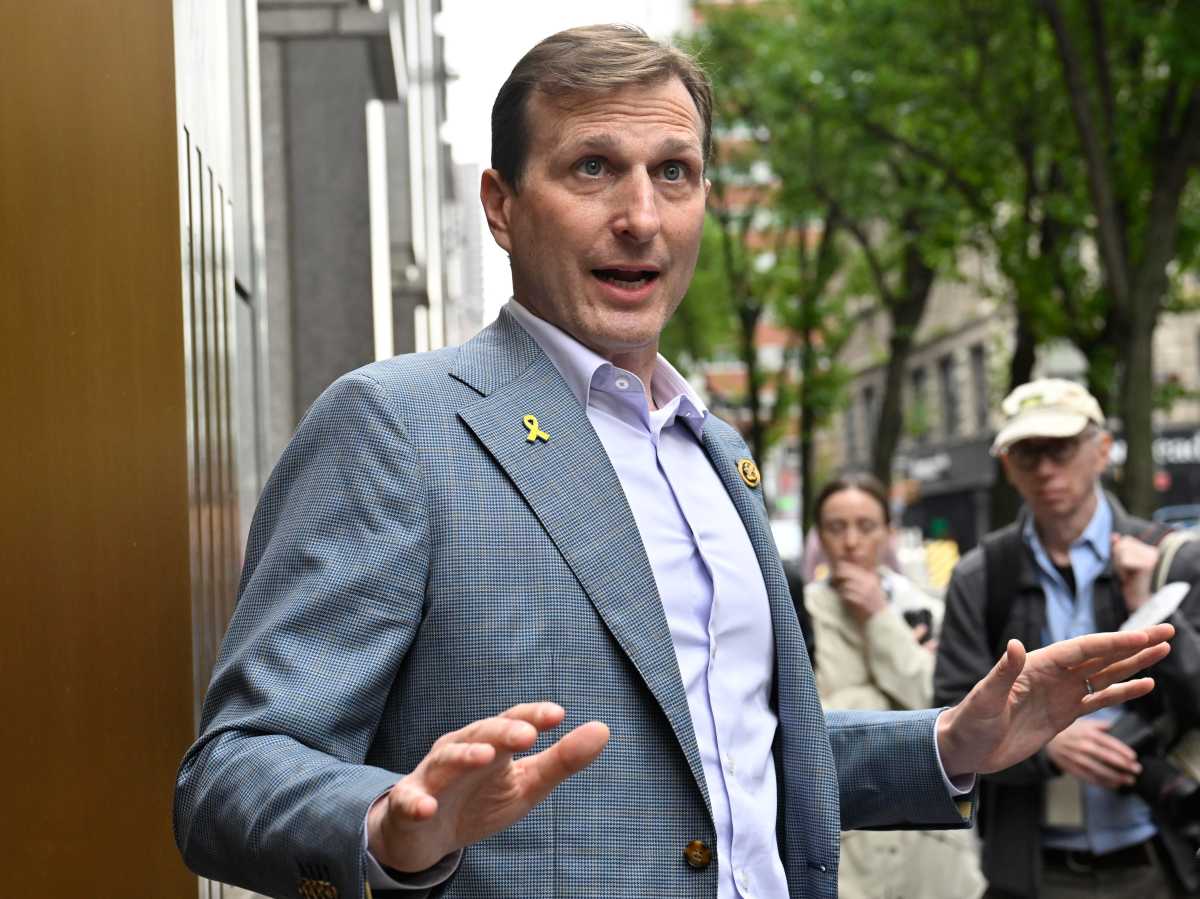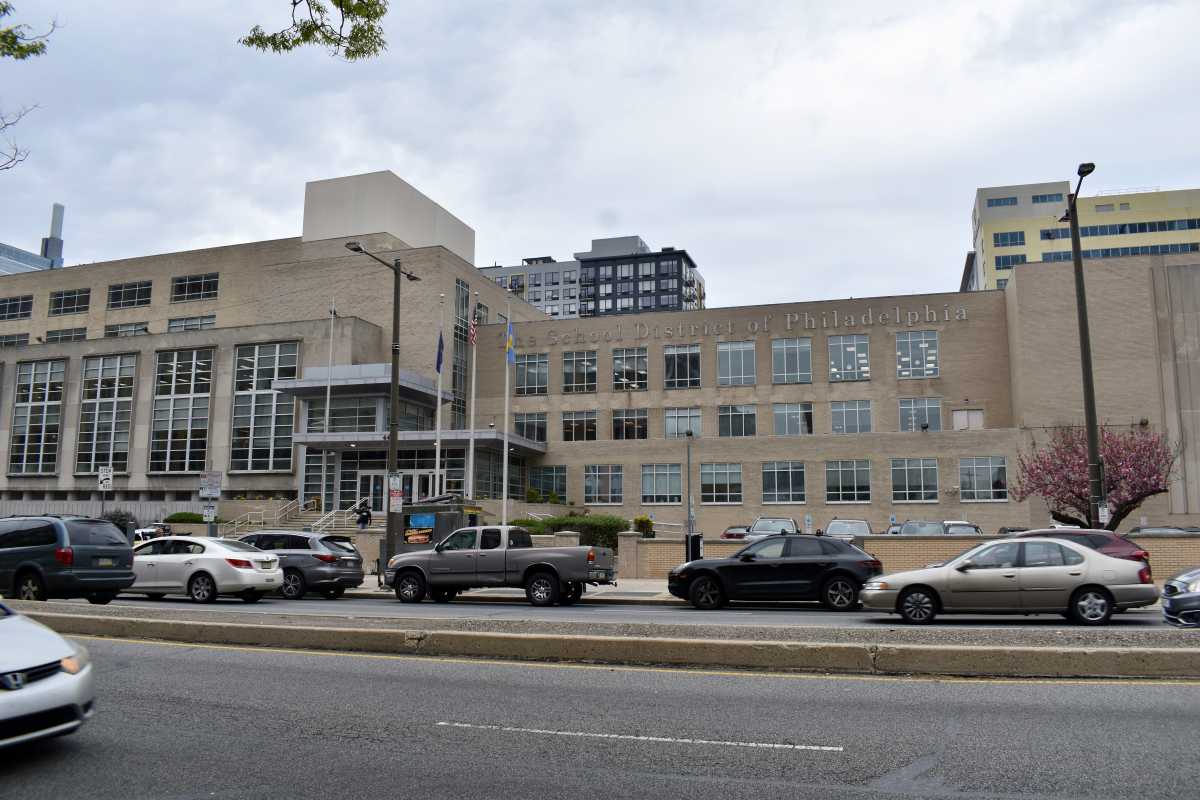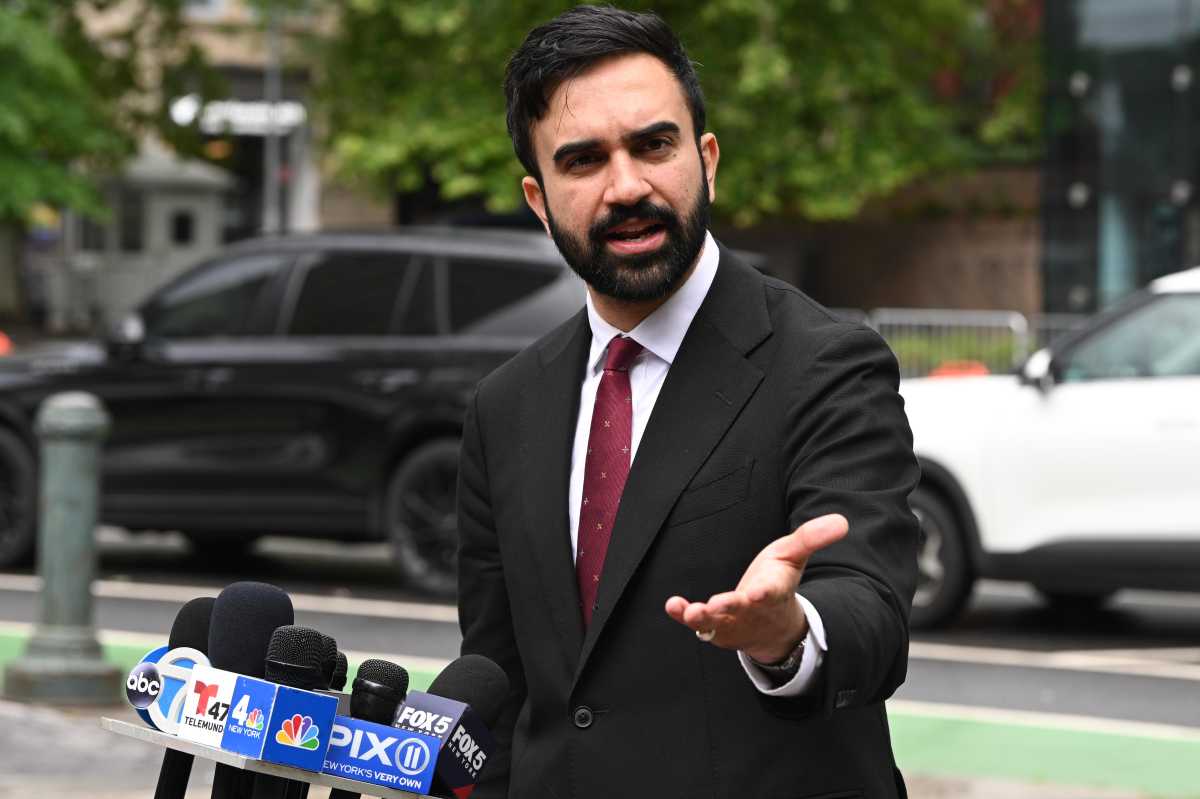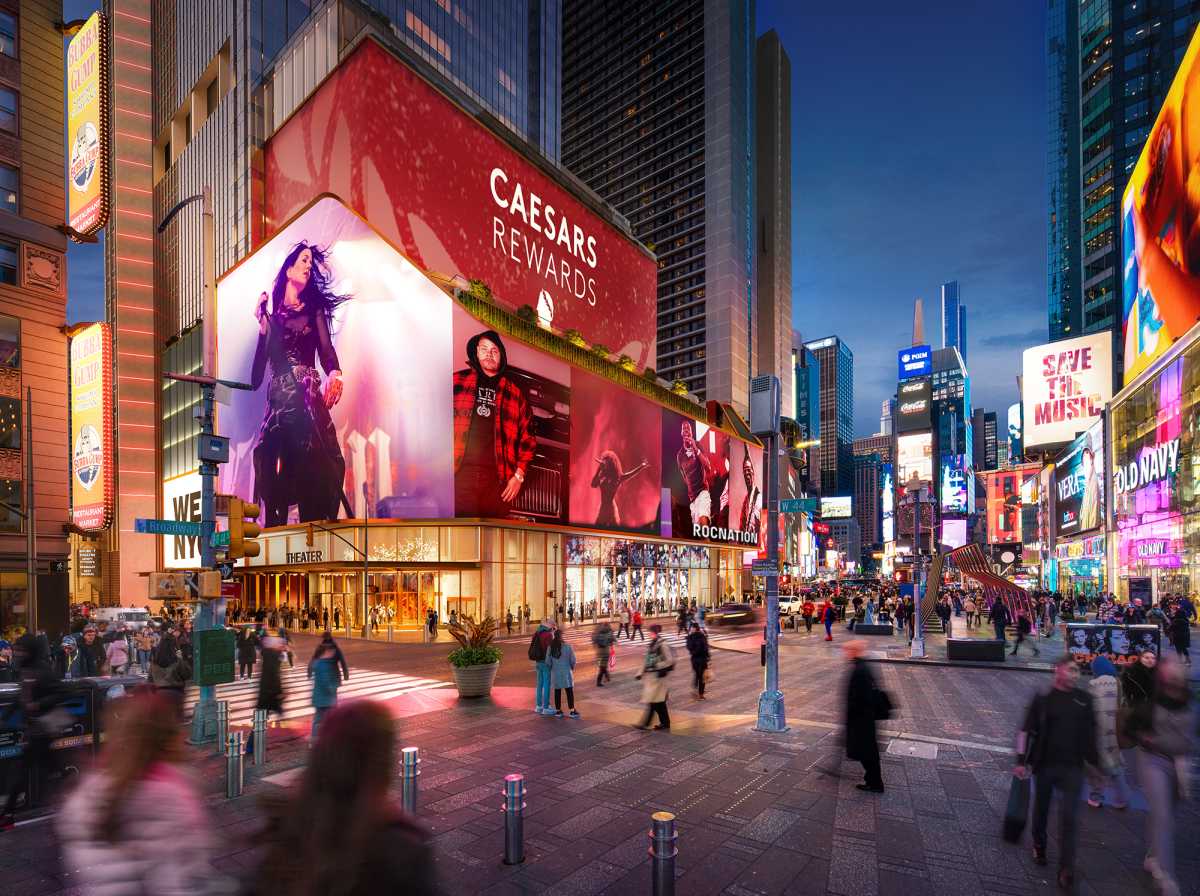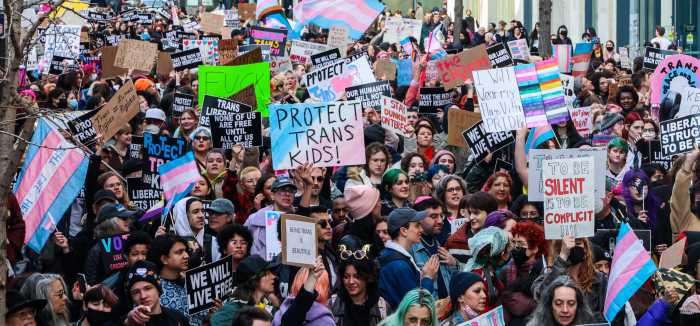SAN JOSE (Reuters) -Nicaraguan President Daniel Ortega was set to win re-election on Sunday after jailing top rivals and criminalizing most dissent, following a vote that the United States said was a sham whose outcome had been long predetermined.
Costa Rica, the country’s southern neighbor, also rejected the election even before preliminary results were announced.
Polls in Nicaragua closed at 6 p.m. (0000 GMT). Lines of voters had formed in the capital, Managua, at some polling places in the morning, but then eased considerably, consistent with expectations of a historically low turnout.
Ortega, 75, a onetime revolutionary who helped depose the right-wing Somoza family dictatorship in the late 1970s, is already the Americas’ longest-serving leader, with 15 consecutive years in power. He has ruled alongside his wife, Vice President Rosario Murillo, 70, the government’s official spokesperson, since early 2017.
Seated next to her on Sunday afternoon at an event broadcast by state television, an open-collared Ortega hailed the election as a victory over terrorism delivered by the “immense majority of Nicaraguans,” before launching into his critics.
“They didn’t want us to be able to hold these elections,” he said, referring to his domestic opponents and their foreign backers. “They are demons who don’t want peace for our people and instead opt for slander and disqualifications. Why? So that Nicaragua is embroiled in violence.”
But U.S. President Joe Biden ripped into the Nicaraguan leader, saying in a statement issued before results were announced that Ortega and Murillo were “no different from the Somoza family” and had orchestrated a “pantomime election that was neither free nor fair, and most certainly not democratic.”
Ortega was president in the 1980s before losing in a 1990 upset. He returned to the top job in 2007.
Since May, Ortega’s police have imprisoned dozens of leading opposition figures, including seven presidential hopefuls, business leaders, journalists and even some of his old rebel allies.
Last week, U.S. officials said new sanctions were being considered against the couple’s government, a sentiment echoed by European Union leaders, in addition to a future review of Nicaragua’s status in the CAFTA regional trade pact.
Biden called for Ortega to take immediate steps to restore democracy and to release detained opposition figures.
“Until then, the United States, in close coordination with other members of the international community, will use all diplomatic and economic tools at our disposal to support the people of Nicaragua and hold accountable the Ortega-Murillo government and those that facilitate its abuses,” he said.
Costa Rica’s government was the first from Central America to weigh in, rejecting the process as undemocratic and calling on Ortega’s government to “immediately free” all political prisoners and restore their civil rights in a statement released Sunday night.
MIGRATION RISK
Ortega’s only opposition on the ballot comes from five little-known candidates of small allied parties with the strongman’s Sandinista movement. About 4.5 million Nicaraguans were eligible to vote.
Up for grabs as well on Sunday’s ballot were 92 seats in the unicameral Congress, also firmly controlled by Ortega’s allies.
In Costa Rica, where tens of thousands of Nicaraguan exiles have fled in recent years, about 2,000 anti-Ortega demonstrators marched along a main thoroughfare in downtown San Jose chanting: “Long live a free Nicaragua” as festive marimba music blared from speakers.
“We have a dictatorship, like Cuba or Venezuela” said Carmen Vivas, a Nicaraguan who lives in Costa Rica and participated in the march. “We know these elections don’t represent any kind of future for Nicaragua,” she said.
Prolonged social and political unrest is seen driving the already growing ranks of Central American migrants, both south to Costa Rica, or north to the United States.
Nicaraguans reaching the U.S. border this year have already hit a high of about 50,000, according to official data.
Jose Miguel Vivanco, the Americas head for Human Rights Watch, dismissed the election as a “farce” in posts on Twitter.
He predicted Ortega would extend his rule “by force of repression, censorship and fear,” and called on other countries to confront his government.
“It’s essential to redouble international pressure to demand the release of political prisoners, and to re-establish democracy in Nicaragua,” he said.
Ortega’s government took an especially repressive turn in 2018, when it quashed largely peaceful protests by those initially upset over spending cuts, killing more than 300 people and wounding thousands more.
Last year, the ruling party enacted a law that prohibits speech that Ortega’s judges deem hurtful to the economy or to “public order,” and international journalists have been barred in recent months from entering the country.
One Reuters reporter was turned back by border agents last Friday, while another, a Nicaraguan citizen, was turned away in September.
In a Sunday post on social media, the Ortega-allied electoral authority celebrated more than 200 “election companions” from 27 countries plus 600 journalists of all nationalities covering the vote, without providing details.
International observers from the EU and the Organization of American States were not allowed to participate.
(Reporting by Daina Beth Solomon; Additional reporting by Diego Ore and Alvaro Murillo; Writing by David Alire Garcia; Editing by Daniel Flynn, Chizu Nomiyama, Peter Cooney and Michael Perry)














